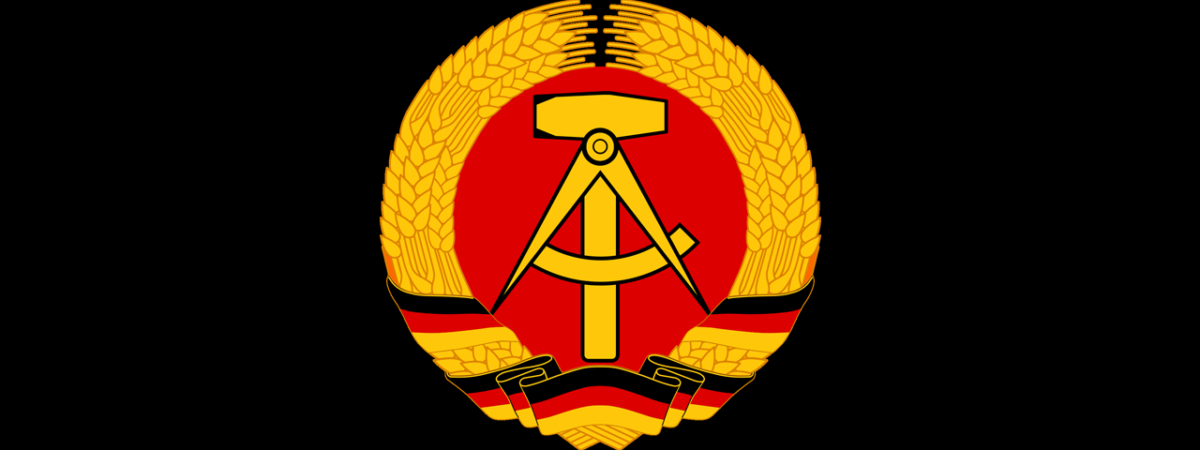An alternative history: REAL socialism is being tried. A drama in 10 acts (Part 7)
SUGGESTED



East Germany reinstates border controls
The Guardian, 20 August 1995
Just over five years ago, Europe’s hardest border suddenly became its softest almost overnight. The Intra-German border, once the steeliest part of the Iron Curtain, became mere window dressing. With effect from next month, it is going to harden again. There will still be complete freedom to travel in both directions, but passport checks and customs inspections will make a comeback.
In 1990, the two Germanies did not bother to come up with a proper trade and customs agreement. It was deemed unnecessary. East German goods and services are generally not interesting to West German consumers, and the average East German cannot afford much in West Germany anyway. In theory, the Brussels-East Berlin Amendment spells out the relationship between the GDR and the EU’s Customs Union and its Single Market, of which the Federal Republic is a part. In practice, the Agreement is full of holes, and therefore often just ignored.
But over the past year, cross-border shopping has become a big thing. It is true that the purchasing power of East Germans in West Germany is not huge. The typical salary of a semi-skilled worker in the GDR is lower than the average rate of Jobseekers’ Allowance in the FRG. But West German markets are characterised by a much higher degree of product differentiation than their East German counterparts. Where East Germany has two or three generic versions of a product, West Germany has at least a dozen, ranging from very basic no-frills versions to luxury versions with all bells and whistles. West German products in the middle of the price range (let alone the top end) are generally unaffordable to East German consumers. But products in the no-frills segment, such as a supermarket’s in-house brand, tend to be cheap even by East German standards. They are usually no worse than the generic East German product, and they are always available.
In short, you will not hear many East German dialects in the Kaufhaus des Westens, West Berlin’s luxury department store. But you will hear plenty of them at Lidl and Aldi.
This is a huge problem for the East German economy, because once these consumers have stocked up across the border, they are no longer interested in East German products. Put simply, East Germany’s Konsum retailer cannot compete with West German discount supermarkets, and the VEB Robotron cannot compete with the no-frills household electronics that you can find in any West German department store.
At the same time, East Germany provides some basic essentials at heavily subsidised prices, which do not cover production costs. These are often in short supply, a problem which is far from new, but which has got a lot worse since the opening of the border. People have started to bulk-buy these products cheaply, and then resell them in at street markets in West Germany.
The new customs system will introduce steep tariffs on West German products, extensive customs checks, and strict limits on the quantity of goods that people can take with them in either direction. Frederik Adler, the Minister of Trade, explains:
“These changes are purely about the movement of goods, not of people. We will introduce a fast lane, where people who are travelling on foot, bike or motorcycle, and without any bags, can go straight through. They will barely notice the border.
It will remain a relatively soft border. But it is an interface between two very different economic systems, and that interface needs careful management. Our priority is to keep frictions to a minimum.”
Continue to Part 8.




